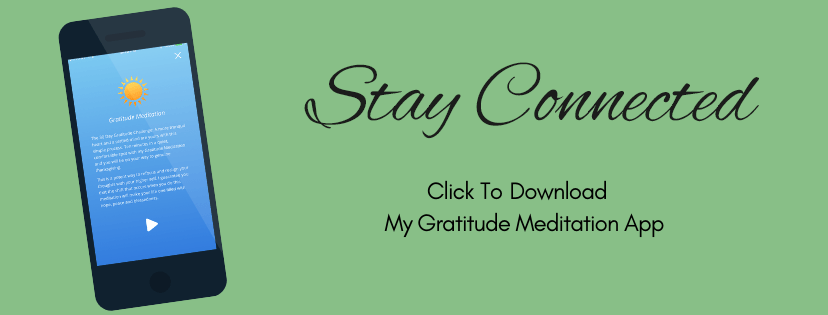Play it Again, Sam!
This week I offer more good news on the power of music to help keep us sharp.
An extensive study, combining two different measures of the findings and looking at 20 years of research, was conducted at the Beth Israel Deaconess Medical Center at Harvard Medical School. These researchers found strong support for the idea that cognitive decline connected to aging can be, “slowed, arrested, or even reversed through appropriate designed training or activities.”
Research on Music and Cognitive Decline
The study followed healthy seniors—those not exhibiting signs of dementia—for five years, who learned to play a musical instrument in their later years and played it frequently. They found these amateur musicians had less cognitive decline at the end of five years than those seniors who didn’t pick up an instrument or who rarely played or practiced. Additionally, they found that playing an instrument offered superior protection against cognitive decline in comparison to other groups of seniors who read, wrote, or did crossword puzzles. (I can sense a strong reaction from some of you dear readers to those last few words.)
Why did playing an instrument have such a marked positive effect? Because unlike reading, writing, or crosswords, making music engages every quadrant of your brain.
In an article appearing in scientific journals and in National Geographic, Dr. Alison Balbag at the University of Southern California called making music akin to a “full-brain workout” unlike any other.
The Science of Music and Your Aging Brain
Music Impact on Pre-Frontal Cortex
Your science lesson for today: When we play an instrument, like the piano for instance, our frontal lobe—our pre-frontal cortex (PFC)—is fired up. This region is especially effected early on by age-related decline, and music puts the brakes on this decline by engaging the pre-frontal cortex in some of the key areas needed for making music: planning, preparation, and the controlled execution of fine motor skills.
Music Strengthens the Corpus Callosum
Making music also strengthens the corpus callosum, the tissue that connects the left and right hemispheres of the brain. Studies now prove the stronger and thicker this connective tissue is, the better our brains work on all levels—we can bring up and react to information faster, and we are quicker at processing that information and acting on it. Good things to have should we need to skedaddle away quickly from a purse-snatcher, bring up the winning question on Jeopardy, or find the bon mot.
Music and the Hippocampus
Our old friend, the hippocampus, also benefits from making music by furrowing new neural pathways to strengthen our memory. The cerebellum and the amygdala regions are involved with our emotional reactions to music, which are sparked when we listen to music as well as play it, along with all the sensory cortices involved with touch, movement, and visual and auditory responses and processing.
What the Research Found
The result of all this? These folks had BrainAGE scores—tests measuring one’s cognitive levels—of people noticeably younger than themselves, with less cognitive impairment or decline than non-musicians.
Even more good news: several studies placed senior women who had little musical training and others who had no musical training, into similar short-term, intensive courses (anywhere from 4-6 months) of piano instruction, then tallied the results. It was a winning strategy all around.
Some studies gave the participants individual instruction, others placed them in group lessons. Lessons ranged from 45 minutes to an hour once a week, or for 30 total hours over the course of the program. Everyone had some kind of outside homework, either 45 minutes of actual instrument practice three times a week, or written music theory assignments.
Multiple Measurable Positive Benefits
Despite a few differences in execution and duration, the results were very positive. All the participants showed increased verbal fluency—they could pull up more words in a given amount of time to describe an image they were shown. They experienced enhanced executive functions, including the processing speed of information, and their working memories were markedly better.
The greatest benefit these seniors exhibited came from their cognitive performance—that is, their increased ability to use what they knew and had learned over a lifetime. They were better able to function and navigate in the world and with others. Incidents of depression went down, their perceived quality of life went way up, as did their subjective well-being assessment. And, they slept better!
Long-Term Benefits of Music
The final bit of positive information on top of all this good news about learning to play an instrument? The benefits stayed with them up to three months after the lessons ended, giving the researchers reason to speculate that if the seniors had continued, the probability of making those changes permanent was a real possibility. Wouldn’t that just be the bee’s knees?
That was a boat load of good news for this week, and I have even more good news about brain and body perks of playing an instrument to share with you!
Until next time…Be Vibrant!
Share Your Thoughts…
Do you play an instrument? Did you learn how to play when you were a child, or as you have aged?
Have you found that it helps keep you mentally sharp? Share your thoughts in the comments section below.




